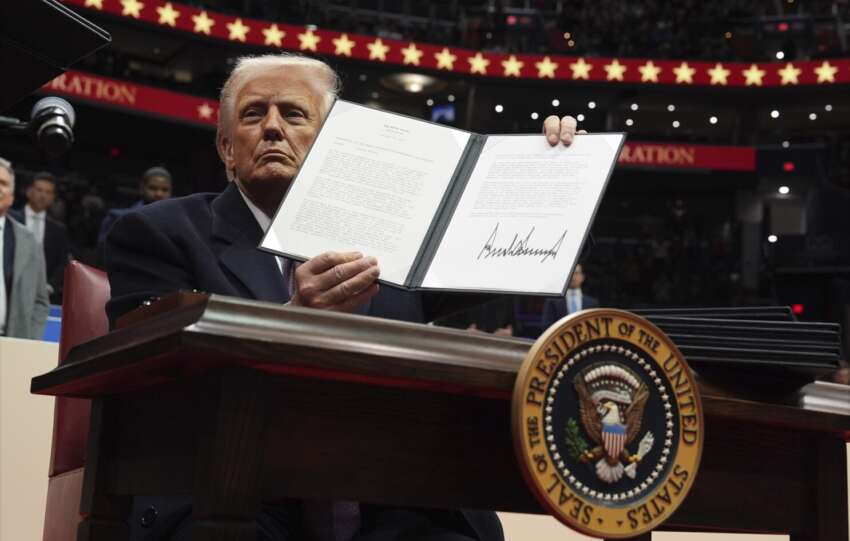A graduate of the prestigious NED University, Karachi, Suboohi Arif, has developed an advanced artificial intelligence-based system to address one of the most significant challenges in Pakistan’s largest export industry—detecting fabric defects before production.
This groundbreaking innovation, named IntelliInspect, is capable of real-time identification of fabric quality issues. With its implementation, production losses can be minimized, and millions of rupees can be saved annually. Additionally, the system reduces the risk of rejected consignments in export markets due to faulty textiles, a common issue faced by Pakistan’s textile sector.
IntelliInspect: A Revolutionary Innovation
Suboohi Arif, an expert in automation and application engineering, stated:
“I believe this is the world’s first analytical system of its kind. With proper support, IntelliInspect could prove to be a milestone in improving the quality of Pakistan’s textile sector.”
The system can detect various defects such as broken threads, stains, tears, and holes. Unlike traditional inspections, IntelliInspect can analyze unprocessed (grey) as well as dyed and printed fabrics in real time. It also provides manufacturers with detailed reports, enabling them to address recurring issues and enhance their overall production processes.
Impressive Performance and Accuracy
During tests conducted on various samples, the results were highly impressive. The system’s accuracy exceeded 95% for knitted fabrics and 90% for woven fabrics. The defect detection time ranged from as little as 40 seconds to a maximum of 77 seconds. This high accuracy and speed ensure that production efficiency is not compromised while maintaining superior quality standards.
Application of Advanced Technology on Production Lines
The system uses high-speed sensors and cameras installed on textile manufacturing machines. It quickly identifies defects during the production process, reducing additional costs incurred at later stages. By integrating seamlessly into existing production lines, IntelliInspect eliminates the need for extensive manual inspections, which are time-consuming and prone to human error.
Suboohi Arif stated:
“This system prevents manufacturers from producing products using faulty fabrics and increases profitability by minimizing production losses.”
Versatile Applications
IntelliInspect can be applied across various textile segments, including garment production, automotive textiles, home furnishings, and industrial textiles. The system enhances efficiency, accuracy, and continuity in production while reducing operational costs. Its scalability makes it suitable for both small-scale and large-scale manufacturing units, ensuring accessibility across the industry.
Opportunities for Individuals
This system is not only beneficial for large-scale manufacturers but also offers opportunities for small business owners and individuals involved in the textile industry. By adopting IntelliInspect, they can improve their product quality, reduce wastage, and ensure consistency in their output. Additionally, the data-driven insights provided by the system can help in making informed decisions, ultimately contributing to the growth of their businesses.
For home-based textile workers or small entrepreneurs, IntelliInspect’s affordability and user-friendly interface make it an ideal tool to enhance the quality of their products and gain a competitive edge in local and international markets.
Future Prospects
Suboohi Arif is keen to collaborate with industry stakeholders to integrate this system into manufacturing facilities, helping to enhance the quality of export products while maximizing profits for businesses. She is also exploring possibilities to expand IntelliInspect’s functionality, incorporating predictive analytics to foresee potential defects and optimize production lines further.
According to her:
“This technology not only reduces costs but also opens avenues for data-driven analytics, enhancing decision-making in the industry.”
A Game-Changer for Pakistan’s Textile Industry
Pakistan’s textile industry, which accounts for more than half of the country’s exports, has long struggled with quality control issues. If implemented on a large scale, IntelliInspect could bring a significant transformation to the industry, boosting its global competitiveness.
With government and private sector collaboration, IntelliInspect has the potential to position Pakistan as a leader in high-quality textile production, paving the way for increased exports, job creation, and sustainable economic growth.


